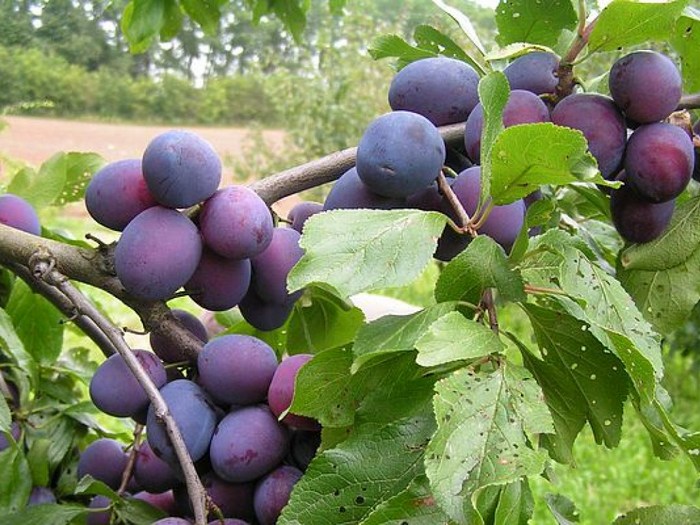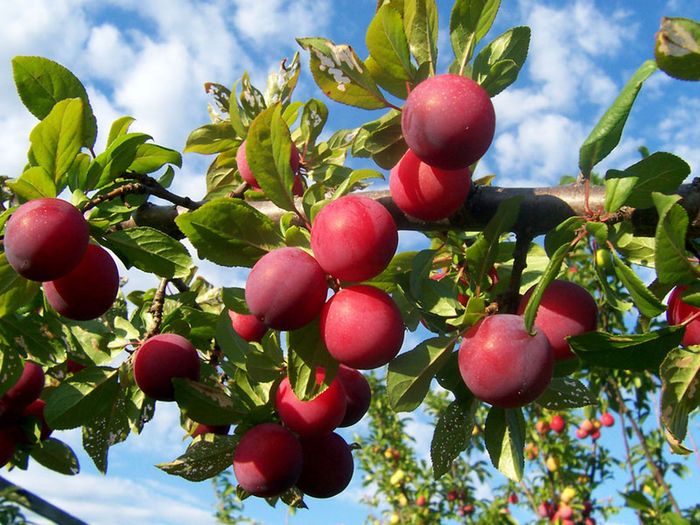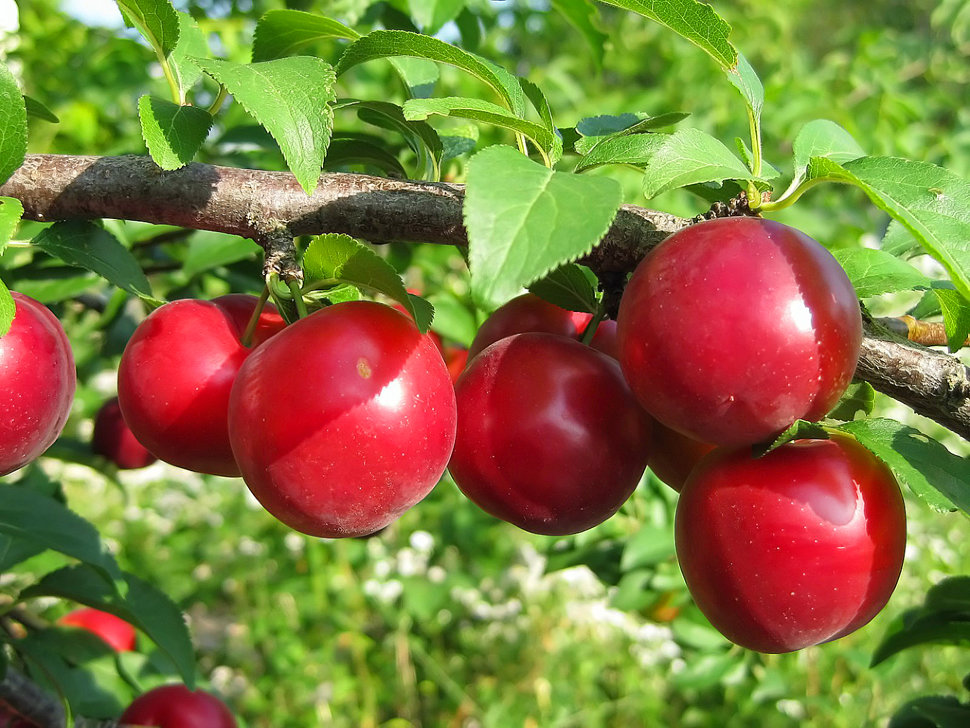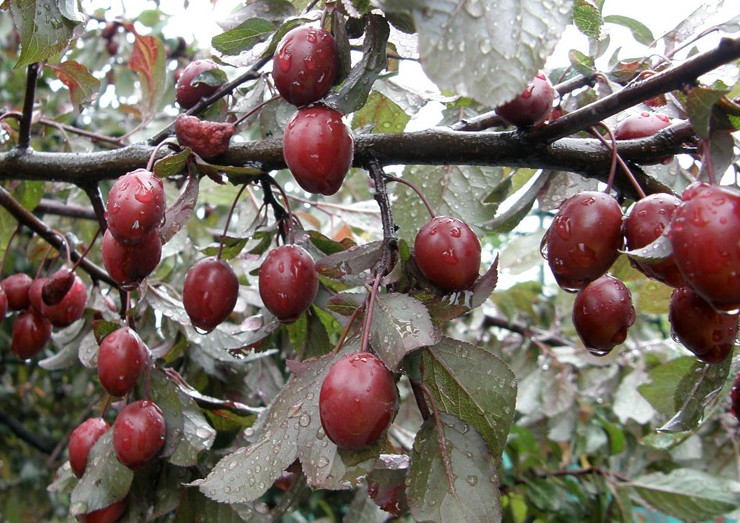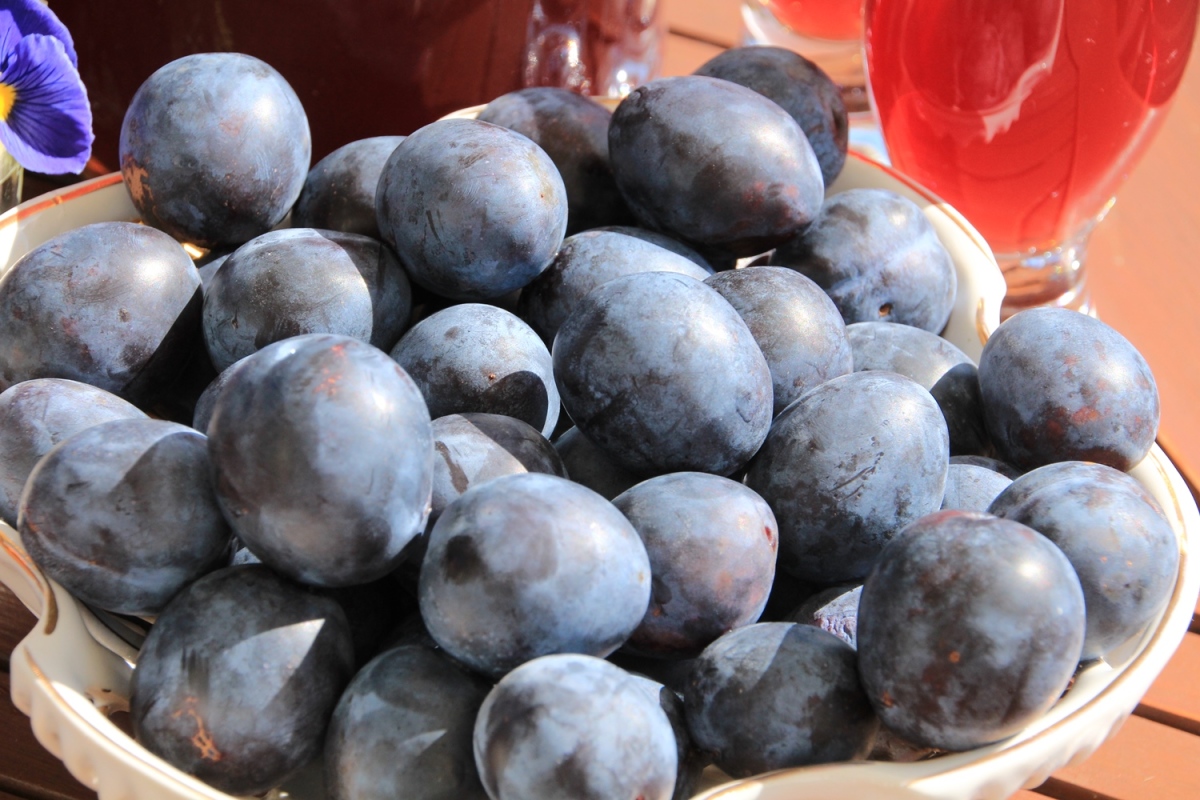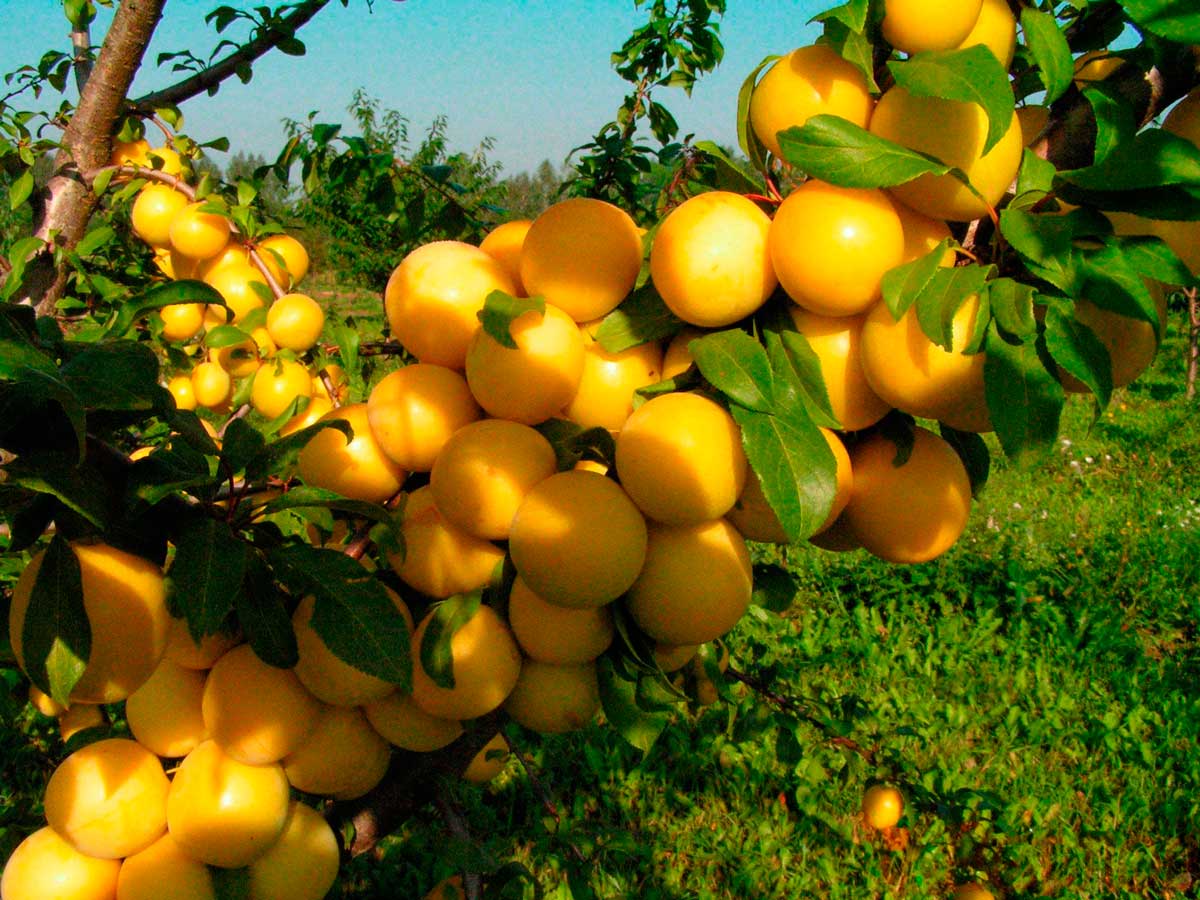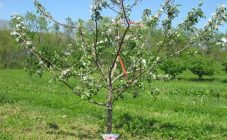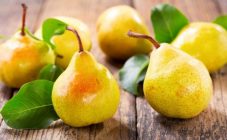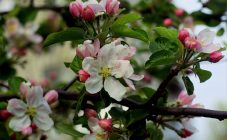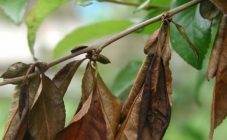Content:
There may be several reasons why the plum does not bear fruit. Poor plant care is mainly to blame, but there are other reasons that do not depend on the efforts made by the summer resident.
Unsuitable soil
Too acidic soil can be the culprit for the plum refusing to yield. The fact is that this plant is very sensitive to the composition of the soil and prefers neutral soil. The composition of the soil can be determined using special test strips or by external signs (white stripes, active growth of moss) and, if necessary, corrected. To reduce acidity, wood ash or hydrated lime can be added to the soil.
Incorrect fit
The root collar of the seedling should not be buried, otherwise the summer resident will not see the fruit.
Unfavorable weather
If in the spring, when the buds of the plum have already swollen, frost suddenly hits, then they may freeze and there will be no harvest. If this happens regularly, then the tree may die altogether. Unfortunately, it makes no sense to fight the weather for regions where such temperature jumps are the norm, it is worth purchasing special frost-resistant varieties of plums or not planting this plant at all.
Pests
Plums can be harmed by various larvae, for example, sawfly and thickened. The caterpillars of the moth love to feast on fruits and seeds, and the flower beetle destroys the buds.
To combat insects, both folk methods are used, such as traps - containers suspended from branches filled with fermented juice or beer, and modern ones - treatment with insecticides 3 times a year.
Diseases
Fruit rot or clasterosporium disease can stop the fruiting of a plum, since all its forces are directed towards fighting the disease. Preventive spraying will help avoid diseases. For these purposes, Planthenol or Skor is suitable.
Little light
The plum is very fond of the sun and its ability to bear fruit directly depends on the illumination of the tree. The tree should not be shaded by buildings or other trees. If for some reason the plum is in the shade, it should be transplanted.
Carrion
Volunteer is the shedding of fruits before ripening. It is very disappointing when the harvest was almost ripe, but suddenly he took opal. This usually happens due to the fact that the tree does not have enough energy to produce fruit. Here you need to look for a reason for leaving, perhaps the tree does not have enough water, or the soil on which it grows is depleted, there may be many reasons.
Features of the variety
Most of the plums are self-fertile varieties. This means that in order to obtain fruits, it is necessary to plant a pollinator variety for them, otherwise they will not cope with their task alone. Each plum has its own pollinator variety, the main thing is to choose it correctly. It is important to note that if there are frequent rains in the region, then it is better to plant self-fertile plums, since pollinating insects are inactive in bad weather.
